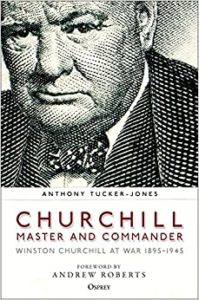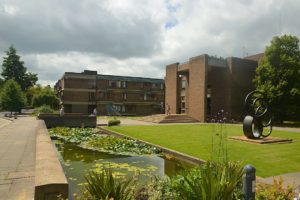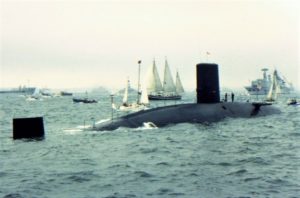
Finest Hour 195
From the Editor – Churchill’s Scientific World

November 23, 2022
Finest Hour 195, First Quarter 2022
Page 04
David Freeman, January 2022
Winston Churchill was the first prime minister to have a professional scientific adviser. He had an enduring fascination with new technology and how it could raise the standard of living for everyone, as well as provide for the common defense. He also gave serious consideration to what the ethical and social consequences of scientific development might be, as we see in his essay included here about “Life in a World Controlled by the Scientists.”
That said, Oxford physicist Frederick Lindemann for more than thirty years provided Churchill with detailed—and comprehensible— explanations of the latest scientific research. The “Prof” also proved an enduring friend to both Winston and Clementine, as Kevin Ruane explains in his illuminating study.
Lindemann introduced Churchill to many of the leading scientists of the day, including Albert Einstein, the most famous of all. An extract from the work of our late friend Sir Martin Gilbert explains the tremendous importance of this one-time encounter.
Andrew Nahum, emeritus director of London’s Science Museum, shows how Churchill’s lifelong interest in and support for science, especially during the Second World War, in a sense made many leading researchers “Churchill’s Scientists.”

2024 International Churchill Conference
While the focus on weapons of mass destruction since 1945 has primarily been on the proliferation of nuclear weapons, Frank A. von Hippel explains how chemical weapons were an important focus and concern for much of Churchill’s career from the First World War through the Second. Chemicals were also needed for conventional weapons, and a shortage of acetone during the Great War started a partnership between Churchill and the research chemist Chaim Weizmann that has affected the world ever since.
The most vital intelligence information that Churchill received during the Second World War came from the Government Code and Cypher School at Bletchley Park. When four of the leading scientists at the facility, including Alan Turing, boldly alerted the prime minister about a shortage of personnel and resources to continue their work, Churchill immediately responded with one of his ACTION THIS DAY memos.
Finally, Churchill believed so passionately in the importance of scientific research and development that he gave his name to a new Cambridge college in support of this cause. Allen Packwood tells the story of this living monument.
Subscribe
WANT MORE?
Get the Churchill Bulletin delivered to your inbox once a month.




